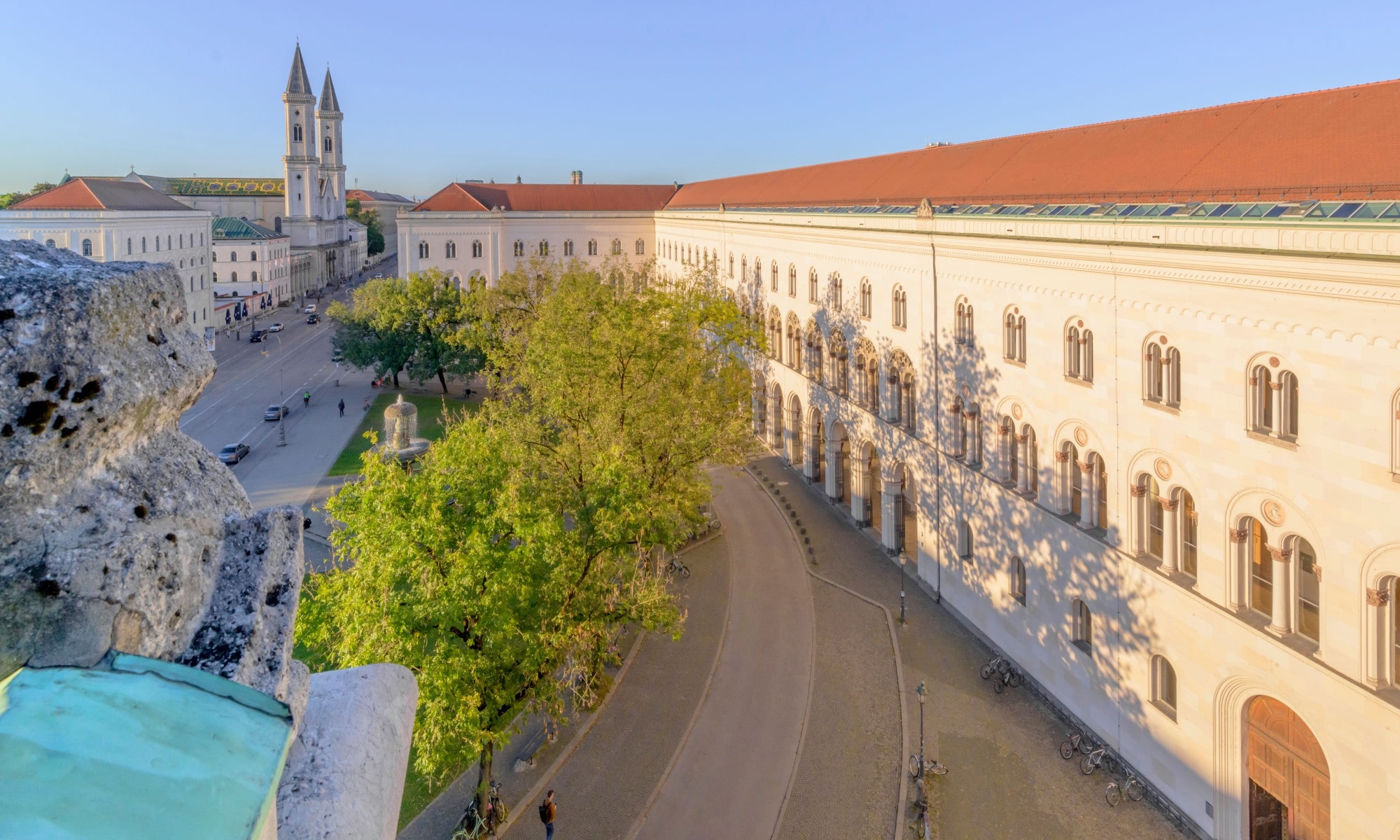The congress takes place March 14th–17th, 2022, online-only.
Conference Structure & Microsymposia
Plenary Speakers
Andrey Kovalevsky (Oak Ridge Natl. Lab, USA)
Neutron crystallography to inform drug design targeting SARS-CoV-2 main protease
Bruno Canard
Title to be announced
Dorothee Liebschner (Lawrence Berkeley National Laboratory, CA, USA)
[Laue-Talk] Frontiers and Current Challenges of Protein Structure Determination
Natalia B. Shustova (University of South Carolina)
Metal-Organic and Covalent-Organic Frameworks (MOFs and COFs): from Single Crystals to novel functional Materials
Tsuyoshi Kimura (University of Tokyo)
Symmetry breakings and resulting magnetic, electric, and optical properties in multifunctional transition-metal oxides
László Gránásy (Academy of Sciences, Budapest)
Phase-field modeling of complex polycrystalline structures.
Helmut Ehrenberg (KIT)
Electrochemical Energy Storage – Insights from in-operando Measurements
Markus Reischl (KIT)
Application and Challenges of Artificial Intelligence in Crystallography
Scientific Topics
Covid-19
Chairs:
Rolf Hilgenfeld
Andrea Thorn
Biologic Structure, Function, Reactivity, and Regulation
(I) Signaling and molecular interactions
Chairs:
Caroline Kisker
Hartmut Niemann
(II) New methods
Chairs:
Thomas Schneider
Johanna Hakanpää
(III) Enzymes
Chairs:
Wulf Blankenfeldt
Gert Weber
(IV) Drug Design
Chairs:
Martina Schaefer
Sofie Zimmermann
(V) Instrumentation
Chairs:
Thomas Schneider
Uwe Muller
Structural Chemistry & New crystal structures
Solid State Physics and Crystal Physics
Engineering Materials and Applications
Natural Materials and Environments (Minerals, Biogenic Materials…)
Structure property relationships
Theory, simulation, modeling, computational crystallography
Crystallography in Education, Art, and Society
Advances in Methods, Instrumentation and Data Analysis
Crystallization, Crystal Growth Processes, Synthesis
Surfaces, Interfaces, Thin Films, Nanoparticles
Four Satellite Workshops…
… will take place from 17th March (afternoon) to 18th March:
Career Workshop for Early Career Biologic Crystallographers
The workshop will address career planning, opportunities, and general professional advice for early career biologic crystallographers.
Satellite Workshop on Neutron Diffraction
The workshop on neutron diffraction gives a hands-on introduction into advantages of neutron diffraction in crystallography, the current instrumentation available for user access at the Heinz-Maier-Leibnitz Neutron Source in Garching near Munich, important software applications for data evaluation, and coaching on writing of successful beam-time proposals. The course covers instruments specialized on biological structure determination, materials science, powder diffraction, and small molecule / inorganic structure determination.
Contact and further info: martin.meven@frm2.tum.de
Satellite Workshop on Micro-Raman-Spectroscopy and Keyence Microscopy
The workshop is a hands-on introduction and practice course on the micro-Raman spectroscopy technique and modern digital quantitative optical microscopy with 3-dimensional object reconstruction. The workshop will consist of a short theoretical introduction to Raman spectroscopy (ca. 2 hours) and a practical part (ca. 3 hours) with the Horiba Jobin Yvon (XPloRa) Micro-Raman spectroscope in our house by PD Dr. Melanie Kaliwoda. Sample processing and data evaluation techniques will be shown. You may bring your own samples! (Bulk, thin sections or thick sections). In addition to the work on the Raman spectroscope, there will also be an introduction on quantitative Keyence digital microscopy by Dr. Malte Junge. Here you will learn how to measure and reconstruct 3D sample morphology or prepare samples for later measurement on other instruments, such as the SEM or micro-Raman spectroscope.
Contact and further info: melanie.kaliwoda@lrz.uni-muenchen.de
Satellite Workshop on Analytical Scanning Electron Microscopy
Microstructure and texture information is of major importance in research on geological and biological material, as well as in material design and material processing technologies. Microstructure characterization of crystalline materials includes the determination of crystallographic, structural and chemical characteristics. Best suited for quantitative microstructure and texture characterization is EBSD (Electron Backscatter Diffraction) performed in a scanning electron microscope (SEM), and complemented by secondary electron (SE)-, backscattered electron (BSE)- and cathodoluminescence (CL)- imaging, scanning transmission electron microcopy (STEM) and chemical microanalysis with Energy Dispersive X-ray Spectroscopy (EDS or EDX).
The hands on workshop will give an overview on microstructure, texture and microchemical characterization of a variety of materials. We will show conventional-, low-kV EBSD and EDS data acquisition as well as EBSD/EDS data evaluation and interpretation. In addition, we will introduce to SE, BSE, CL and STEM imaging and some sample preparation for EBSD and EDS analysis. We will give advice on preparation techniques for your own samples.
The 1.5 day course will be offered 17th/18th of March and 11th/12th of March 2022. Final scheduling for you will be arranged by e-mail later.
Contact and further info: e.griesshaber@lrz.uni-muenchen.de
Congress organisation
Department of Earth and Environmental Sciences, LMU
Munich GeoCenter
Heinz Maier-Leibnitz Zentrum
Staatliche Naturwissenschaftliche Sammlungen Bayerns – Mineralogische Staatssammlung
E-mail: DGK2022@lmu.de
